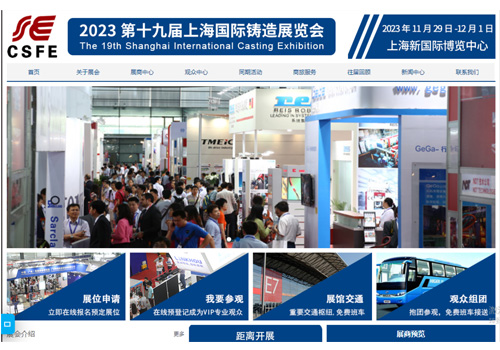Jul . 27, 2024 23:00 Back to list
Leading Manufacturers of Zeolite Adsorbents for Effective Environmental and Industrial Applications
The Role of Zeolite Adsorbent Manufacturers in Environmental Sustainability
In recent years, the growing awareness of environmental issues has prompted industries to seek innovative solutions for pollution control and resource management. Among the various materials that have emerged as effective adsorbents, zeolites stand out for their unique properties. Zeolite adsorbent manufacturers are at the forefront of this movement, offering advanced materials that contribute significantly to a more sustainable future.
What are Zeolites?
Zeolites are naturally occurring or synthetic crystalline aluminosilicates characterized by a porous structure and high surface area. These unique properties allow zeolites to absorb and trap various molecules, making them highly effective adsorbents. They are primarily composed of silicon, aluminum, and oxygen, and their structure often includes channels and cavities that can selectively accommodate certain ions or molecules. This selectivity is crucial for applications in air and water purification, gas separation, and even as catalysts in chemical processes.
Applications of Zeolite Adsorbents
The applications of zeolite adsorbents are diverse, covering a wide range of industries
1. Water Treatment Zeolites are used to remove heavy metals, phosphates, and other contaminants from wastewater. Their ion-exchange properties enable them to capture harmful ions, thus safeguarding water quality.
2. Air Purification In the realm of air purification, zeolites are effective in adsorbing volatile organic compounds (VOCs) and odors. This application is particularly relevant in indoor air quality management in residential and commercial buildings.
3. Agriculture Zeolites contribute to sustainable agriculture by improving soil quality and retaining moisture and nutrients. This leads to healthier crops and reduced need for chemical fertilizers, thereby promoting environmentally friendly farming practices.
zeolite adsorbent manufacturers

4. Gas Separation The selective adsorption properties of zeolites make them excellent candidates for gas separation processes. They can efficiently separate gases based on size and polarity, which is essential in processes like natural gas processing and carbon capture.
The Role of Manufacturers
Zeolite adsorbent manufacturers play a critical role in environmental sustainability by producing high-quality zeolite materials tailored to diverse applications. These manufacturers invest in research and development to enhance the properties of zeolites, such as increasing their adsorption capacity and selectivity.
Moreover, many manufacturers focus on sustainability in their processes, utilizing eco-friendly practices in sourcing raw materials and minimizing waste. The shift towards green manufacturing processes not only reduces the environmental footprint of zeolite production but also aligns with the growing demand for sustainable products.
Challenges and Innovations
Despite the advantages of zeolite adsorbents, manufacturers face challenges in terms of competition, regulatory compliance, and the need for continuous innovation. As the market evolves, manufacturers must stay ahead by developing new formulations and composites that meet specific industry requirements. This includes creating zeolites with tailored pore sizes, higher selectivity, and enhanced stability under varying environmental conditions.
Furthermore, the integration of smart technologies, such as real-time monitoring and automation in production processes, can improve efficiency and product quality. Manufacturers are also exploring the use of waste materials in zeolite production, thereby contributing to a circular economy.
Conclusion
Zeolite adsorbent manufacturers are crucial players in the pursuit of environmental sustainability. By providing advanced materials that effectively address pollution and resource management challenges, they contribute significantly to a cleaner and more sustainable world. As industries continue to seek innovative solutions, the role of these manufacturers will only become more prominent in shaping a greener future. Their commitment to quality, innovation, and sustainability positions them as essential partners in the global efforts to protect our environment.
-
Eco-Friendly Granule Covering Agent | Dust & Caking Control
NewsAug.06,2025
-
Fe-C Composite Pellets for BOF: High-Efficiency & Cost-Saving
NewsAug.05,2025
-
Premium Tundish Covering Agents Exporters | High Purity
NewsAug.04,2025
-
Fe-C Composite Pellets for BOF | Efficient & Economical
NewsAug.03,2025
-
Top Tundish Covering Agent Exporters | Premium Quality Solutions
NewsAug.02,2025
-
First Bauxite Exporters | AI-Optimized Supply
NewsAug.01,2025
